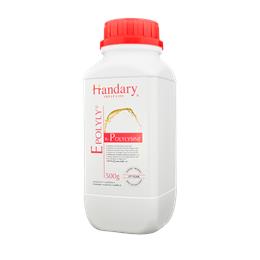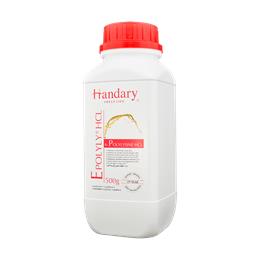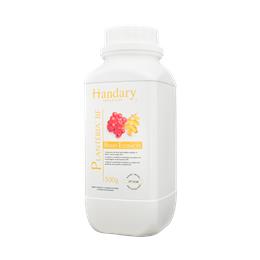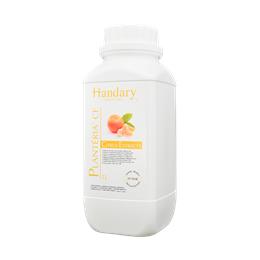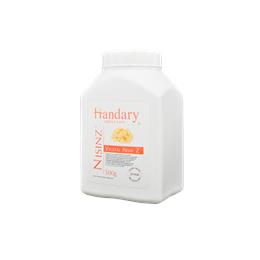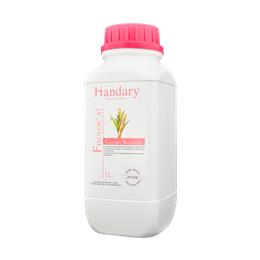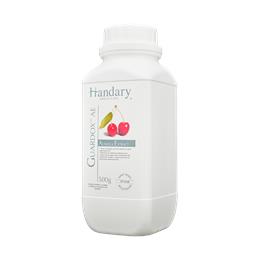Description
Tea-based beverages are drinks that are made by infusing tea leaves in hot water and then adding other ingredients like milk, sugar, fruit, or spices. Tea is a popular drink around the world and is known for its health benefits and calming properties.
Yeasts & Molds
Yeast and molds can potentially be present in tea-based beverages, and the level of contamination can be influenced by various factors such as the quality of the tea leaves, processing conditions, and storage conditions of the final product.
Tea leaves can naturally contain molds, and the growth of molds and yeasts can occur during the fermentation and storage processes of tea-based beverages. Post-production contamination can also occur during processing, storage, and handling of the final product.
Overall, while yeast and molds can potentially be present in tea-based beverages, manufacturers and consumers can take steps to minimize their risk of exposure by implementing proper handling and processing procedures, and using good hygiene and storage practices.
Total Aerobic Bacteria
Total aerobic bacteria can be present in tea-based beverages, and the level of bacteria can be influenced by various factors, such as the quality of the tea leaves, the processing conditions, and the storage conditions of the final product.
In general, tea leaves are not sterile, and can contain bacteria that may grow during the brewing and fermentation processes used to produce tea-based beverages. Additionally, post-production contamination can occur during processing, storage, and handling of the final product.
Overall, while total aerobic bacteria can potentially be present in tea-based beverages, manufacturers and consumers can take steps to minimize their risk of exposure by implementing proper handling and processing procedures, and using good hygiene and storage practices.
Oxidation (Color Loss)
Oxidation can lead to color loss and a decrease in quality in tea-based beverages. Oxidation can occur when the tea leaves are exposed to air or oxygen, causing the natural compounds in the leaves to react and break down.
Tea-based beverages can also undergo oxidation during processing and storage. This can be accelerated by exposure to light, heat, and moisture, which can further breakdown the natural compounds in the tea and lead to a loss of color and flavor.
Overall, oxidation and color loss can be a natural process in tea-based beverages, but manufacturers and consumers can take steps to minimize its impact by using proper storage and handling techniques and utilizing antioxidants or acidulants to inhibit the oxidation process.
 English
English 简体中文
简体中文 Français
Français Español
Español
